AI: Revolutionizing Sobriety
"I feel gray." I mumbled and stared out the window. It was late summer. The sun revealed budding trees, busy birds, and a deep North Carolina blue sky. Crystal Meth had stolen my senses. Everything looked – and felt – gray.
"Dallas, gray is not an emotion." My rehab counselor patiently responded. She had just asked me to articulate my feelings.
"I feel gray." I repeated my answer. Even the words sounded gray.
Sliding a paper across the desk, my counselor suggested I point to my emotion.
"What am I, a child?" I peered back at her.
"I don't know, are you?" Her voice remained patient but stoic.
That's when I met the good ole' Feelings Wheel (which ended up being my best friend in recovery).
Beginning in the middle with general emotions, I was able to follow that line through the circle to pinpoint almost exactly how I was feeling inside. The ability to label my emotion opened the door to deeper self-awareness. Connecting with myself allowed my treatment to become more potent.
Some addicts have become so disconnected with their nervous system that even the Feelings Wheel couldn't help them communicate the chaotic storm inside.
How many of us have suffered longer than we should have because were are unable to articulate our emotions or our nervous system is extremely dysregulated?
I'm happy to say that with the use of AI and an organization with a heart for the addict, those days are coming to an end.
In a powerful and insightful conversation on the AfterMeth Podcast, I sat down with Dino Miliotis, a recovering addict turned spokesperson for OpiAID, an award-winning data science company harnessing the power of AI to combat the opioid epidemic. Our discussion shed light on the challenges faced by those struggling with addiction and the groundbreaking technology that could change the face of recovery as we know it.
Dino's personal journey through addiction, which spanned over 20 years and included a wide range of substances from alcohol to cocaine and methadone, mirrors the experiences of countless individuals battling substance abuse. He emphasized the difficulty in articulating one's feelings and experiences during addiction, a challenge that often leads to misdiagnosis and ineffective treatment.
Enter OpiAID, a company dedicated to "loving our neighbors in recovery." Their cutting-edge AI technology, powered by a simple smartwatch, can accurately measure and distinguish between withdrawal, anxiety, and depression in real-time. By providing doctors with precise data and personalized insights, this technology has the potential to revolutionize the way we approach addiction treatment.
The implications are profound. Imagine a world where those in recovery have access to a 24/7 lifeline, a device that can alert healthcare professionals and loved ones when an individual is at risk of relapse. Picture a future where treatment is tailored to each person's unique needs, where the effectiveness of interventions can be measured and adjusted in real-time. This is the promise of OpiAid's AI technology.
But beyond the technical aspects, Dino and Dallas's conversation also touched on the deeper emotional and spiritual dimensions of recovery. They discussed the importance of connection, of finding purpose and meaning in one's life. They emphasized the need for self-love, for accepting oneself wholly and completely. And they highlighted the incredible resilience of the human spirit, the ability to bounce back from even the darkest of places.
As Dino prepares to pitch OpiAid's technology on Shark Tank, he reminds us that this is just the beginning. The potential applications for this AI are vast, from helping those in rural areas access quality care to providing support for inmates post-release. But more than that, OpiAid's mission is a testament to the power of compassion, innovation, and an unwavering commitment to walking alongside those in recovery.
As we stand on the brink of this technological revolution in addiction recovery, let us hold fast to the hope and resilience that have carried us this far. Let us embrace artificial intelligence and utilize the benefits we can glean from it instead of focusing on made-up fears.
Together, we can build a future where love, support, and cutting-edge science combine to help all of us heal.
I would love to hear your thoughts! You can reply to this email or better yet, comment on the podcast via Spotify or YouTube!
Love, Dallas 💚
May 30, 2024
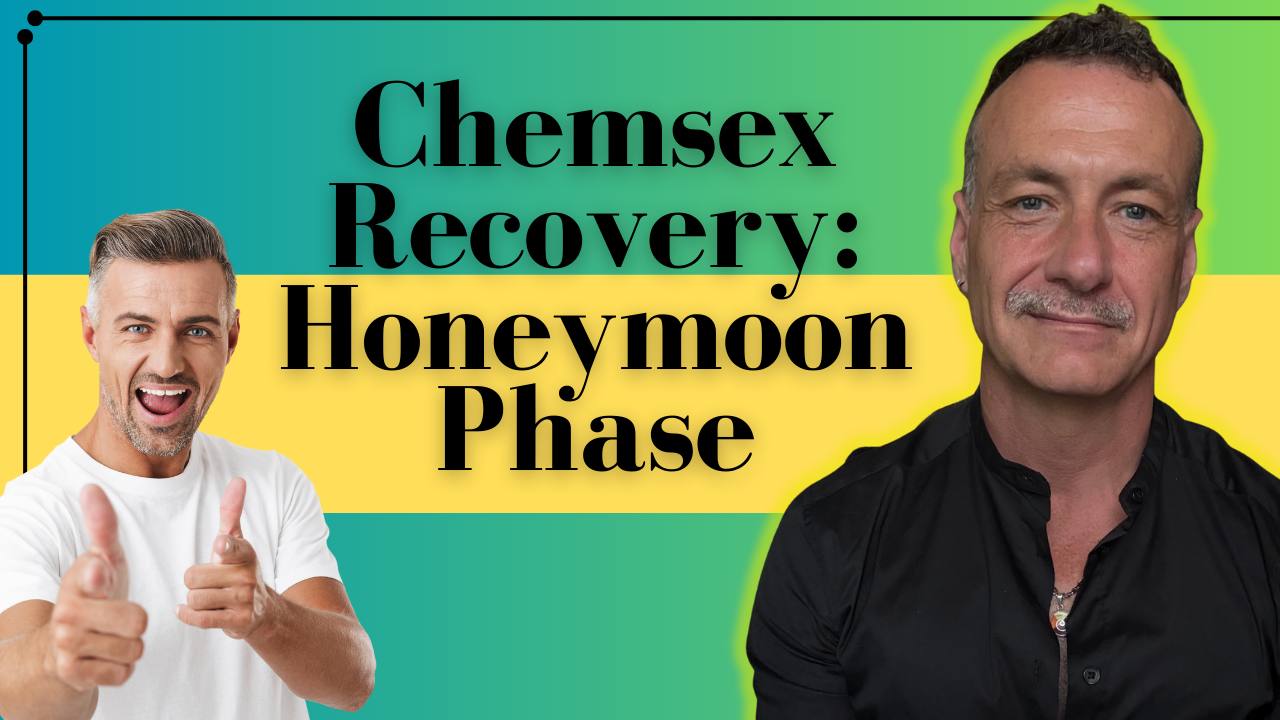
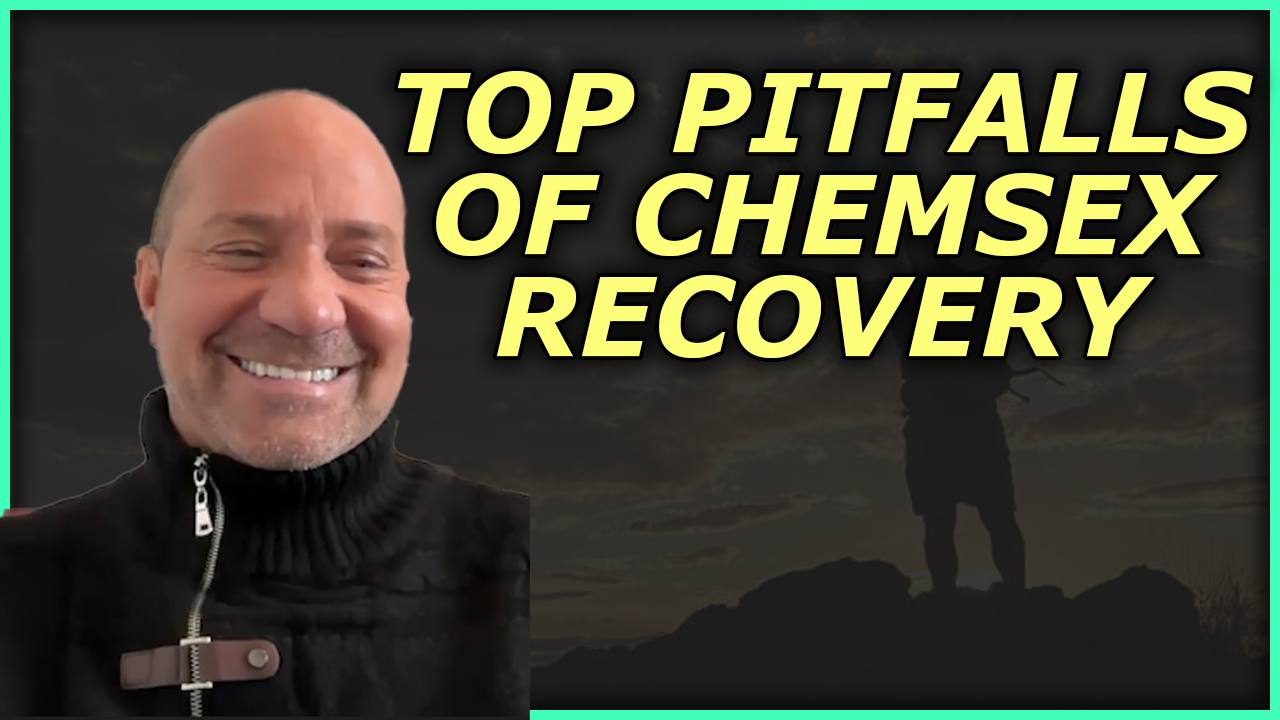
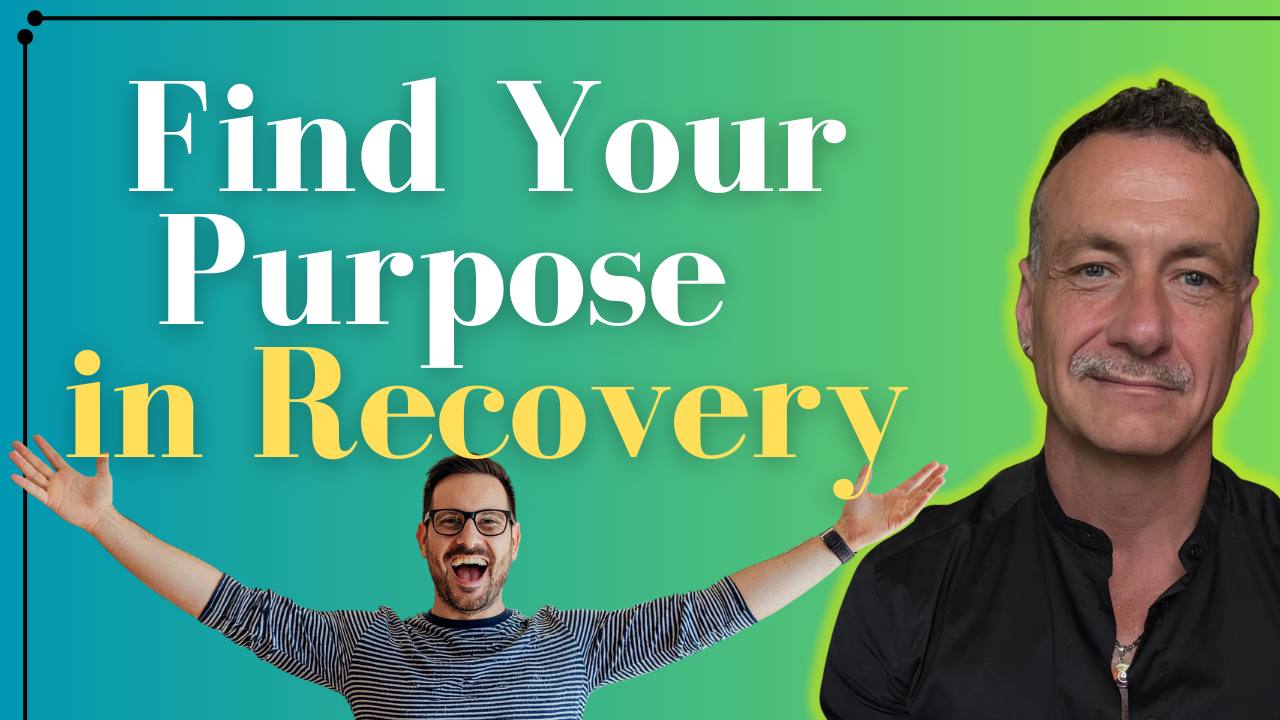
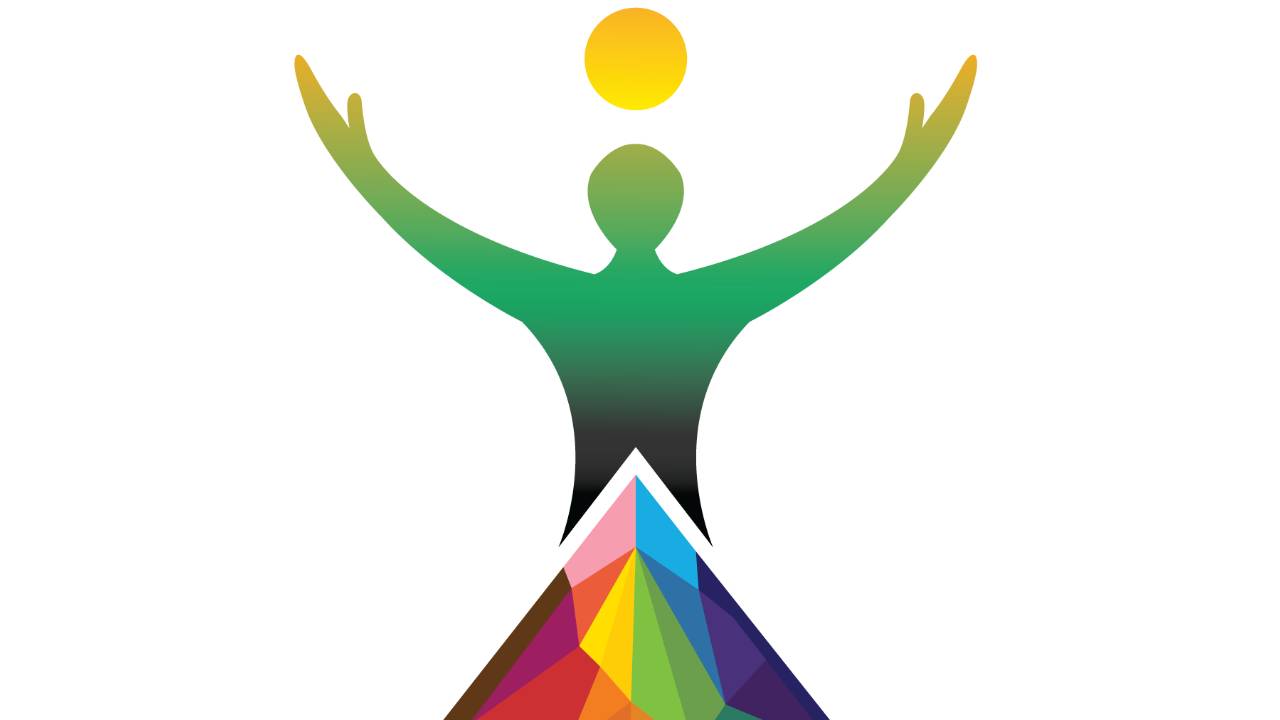
Responses